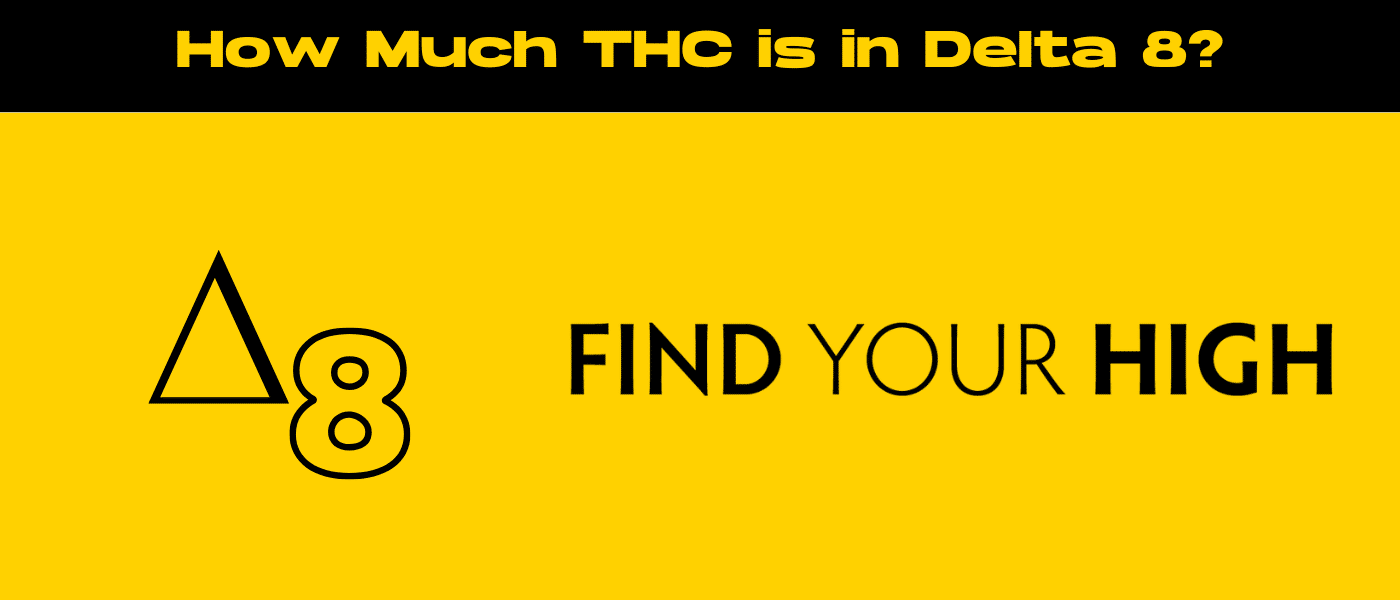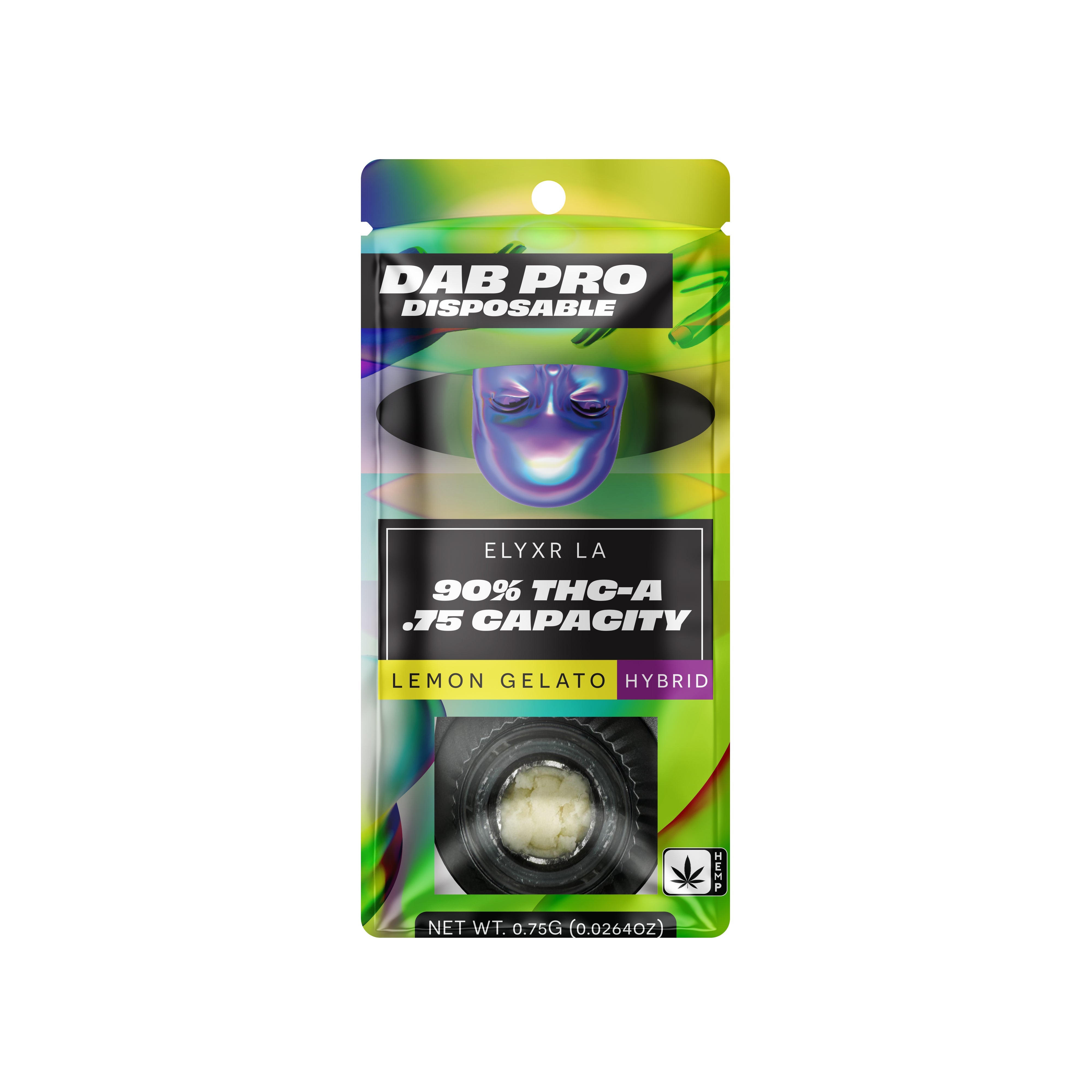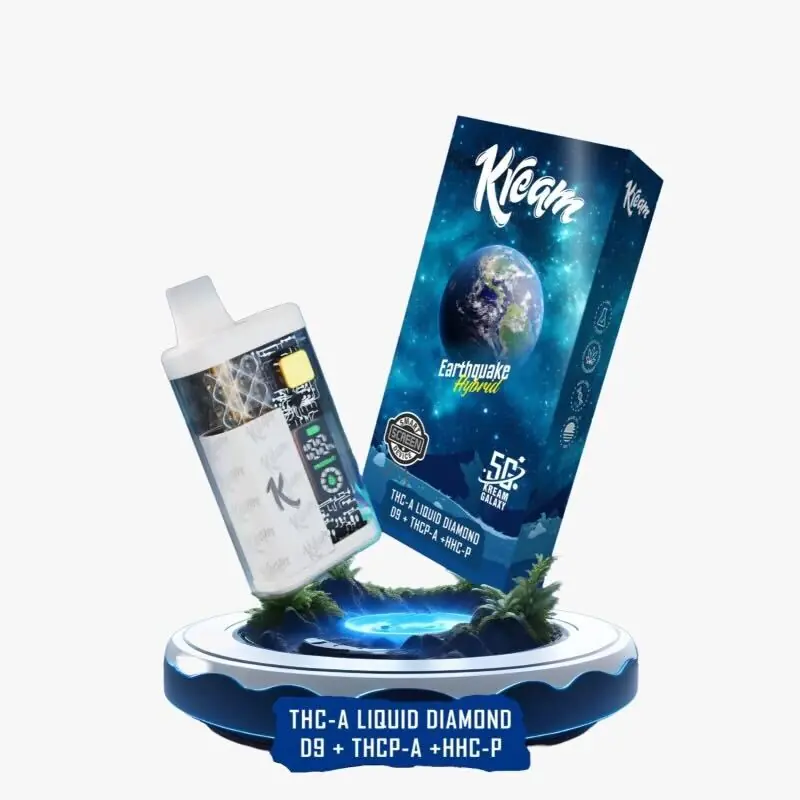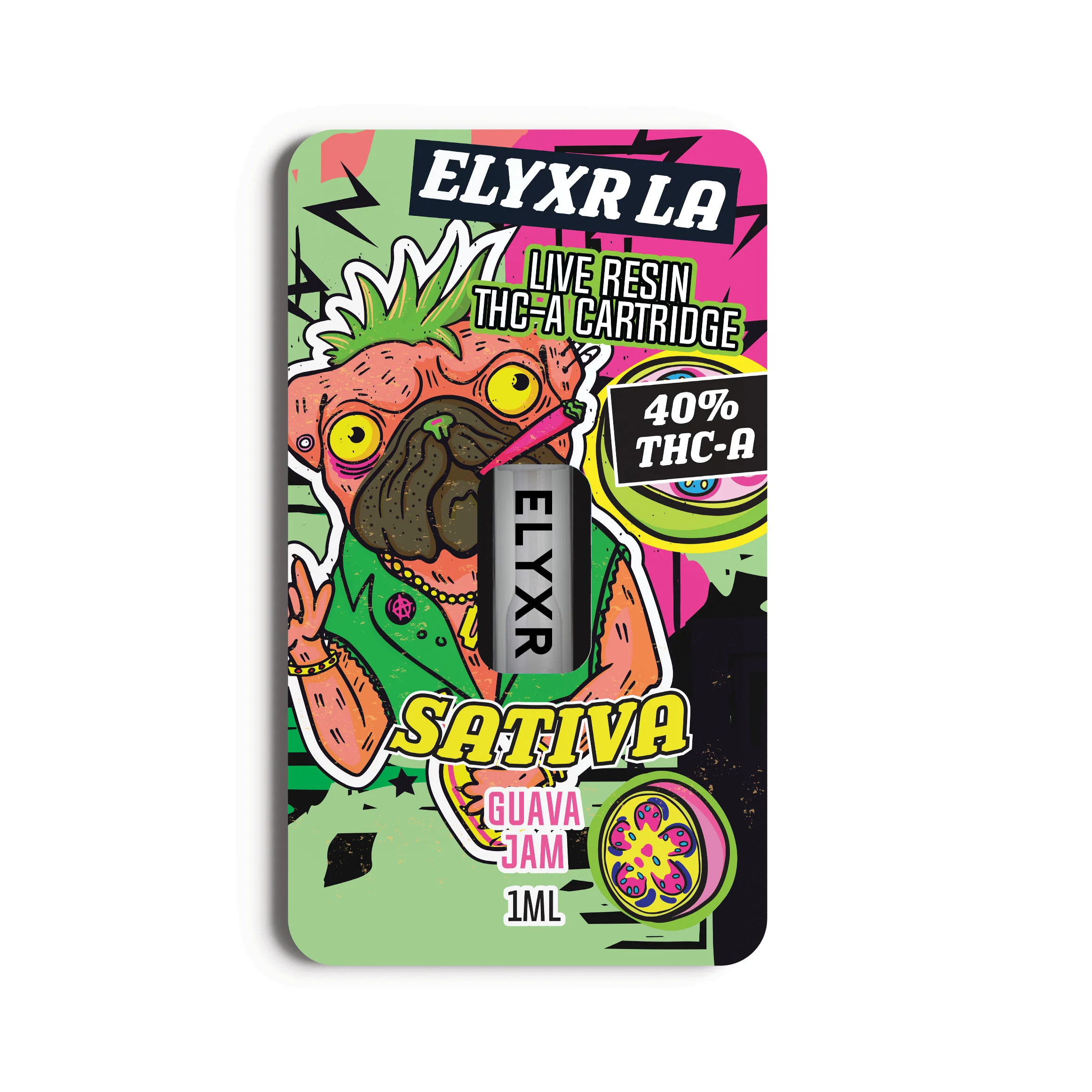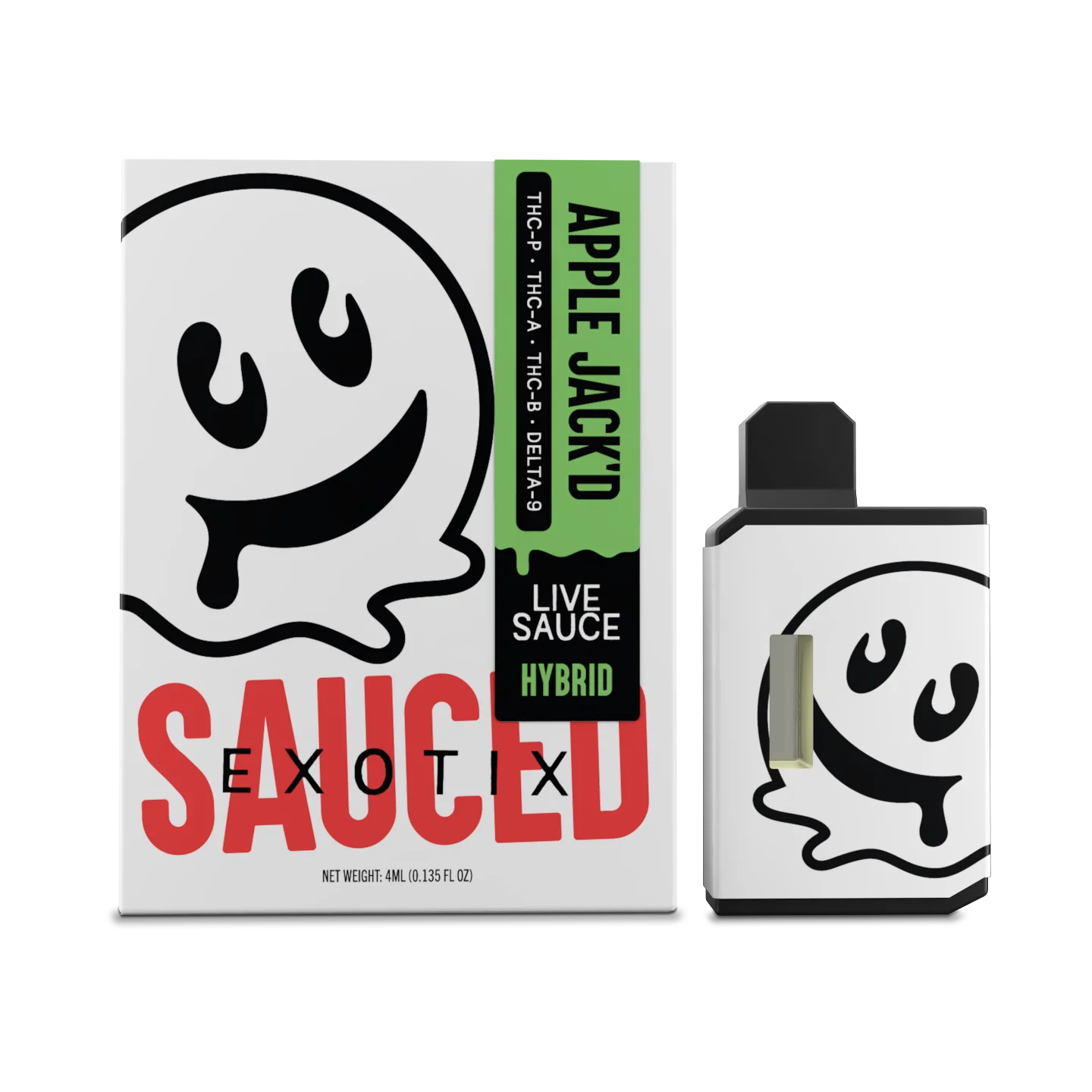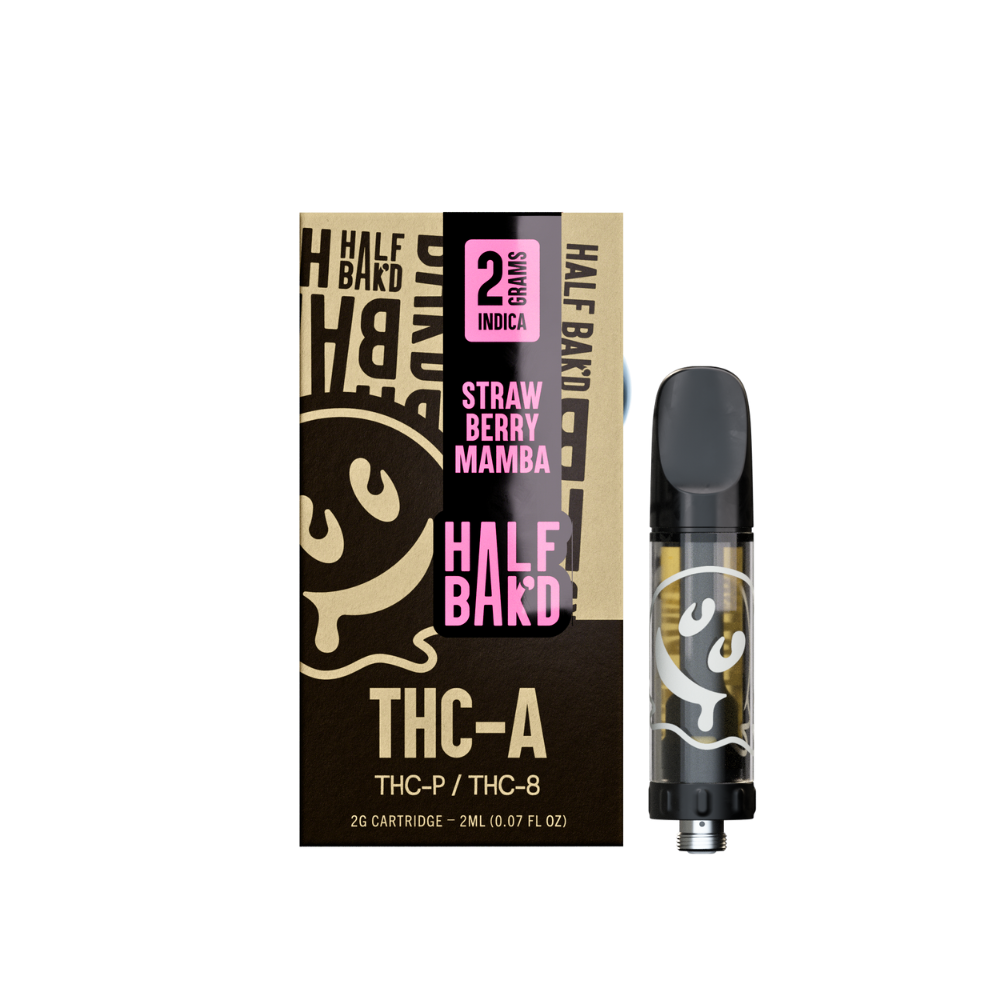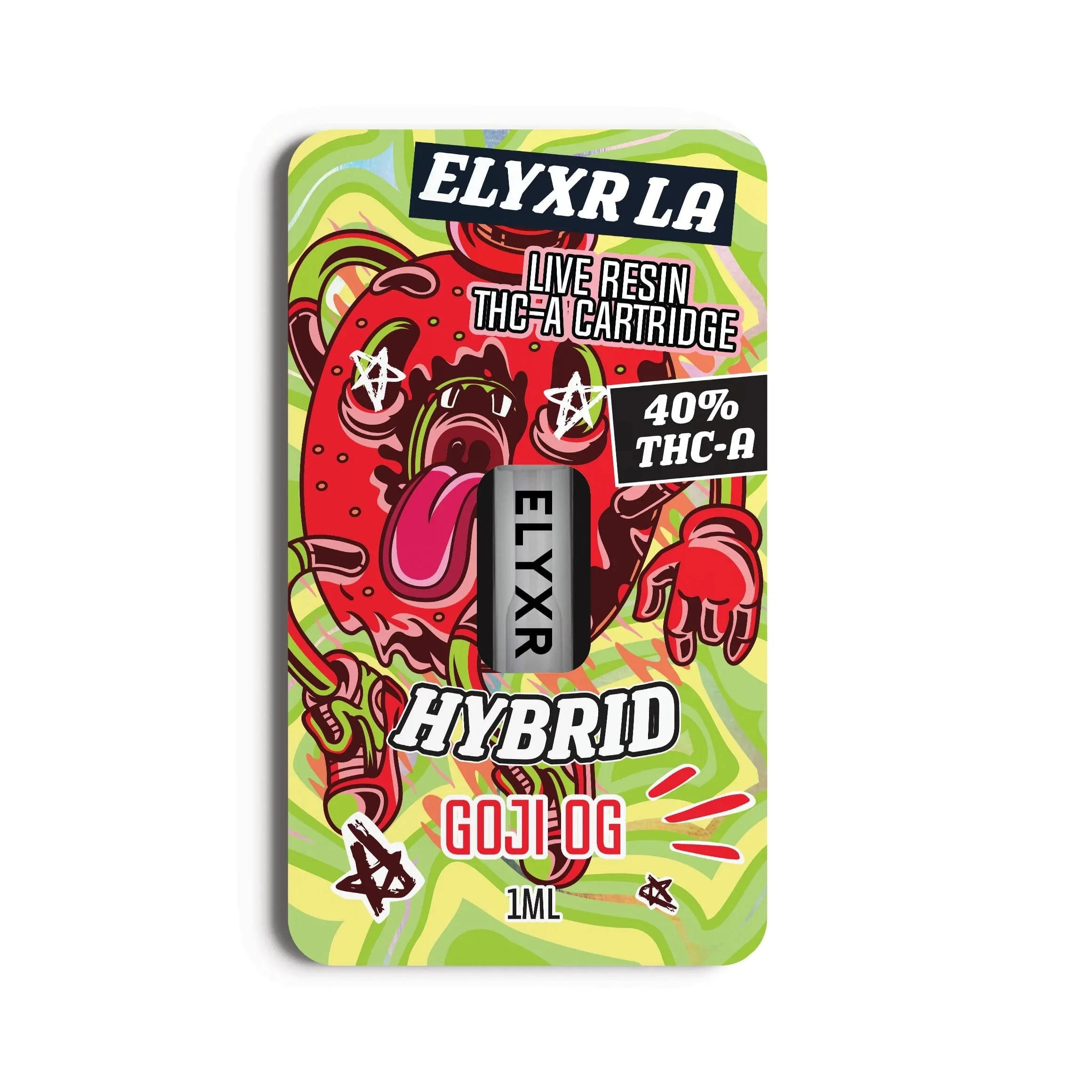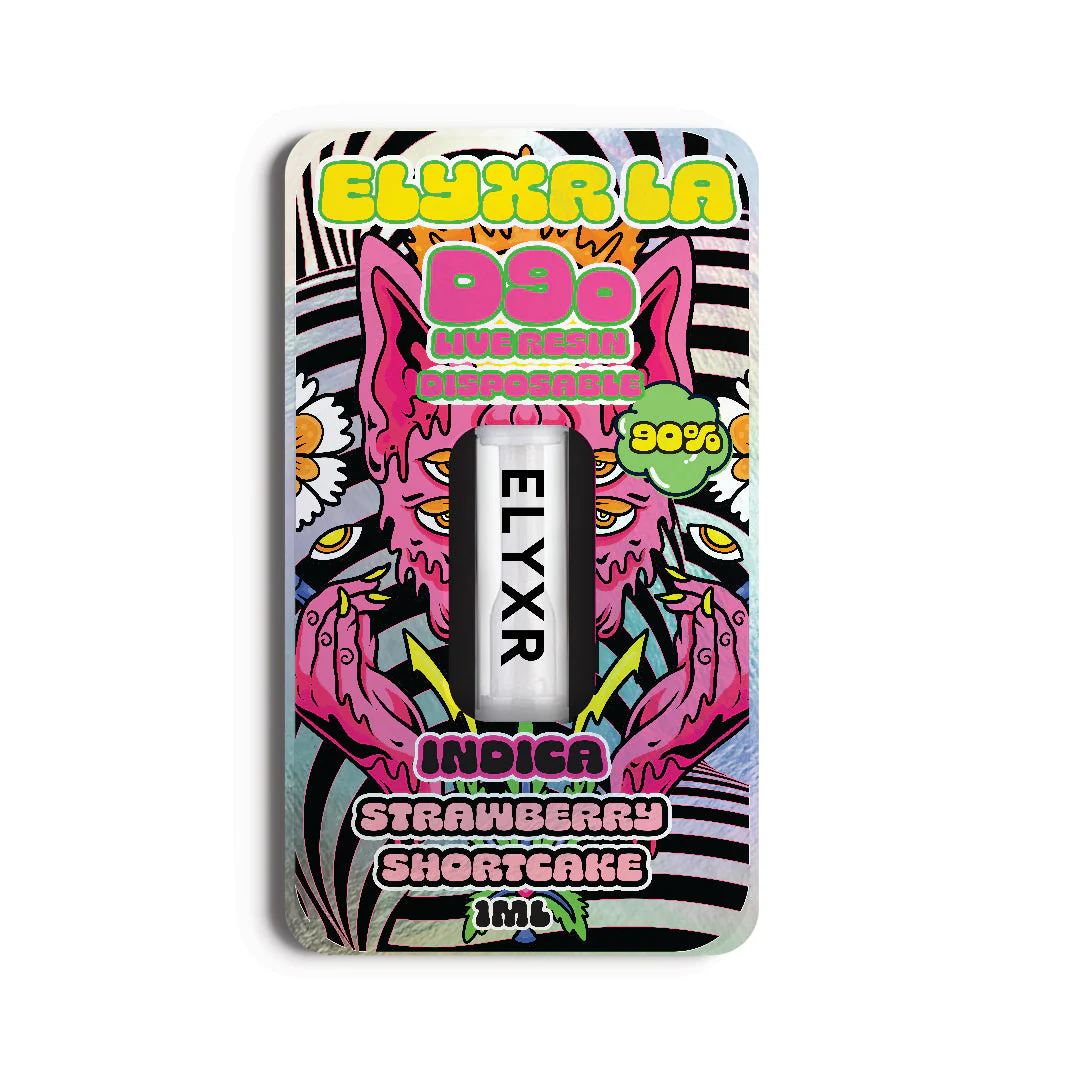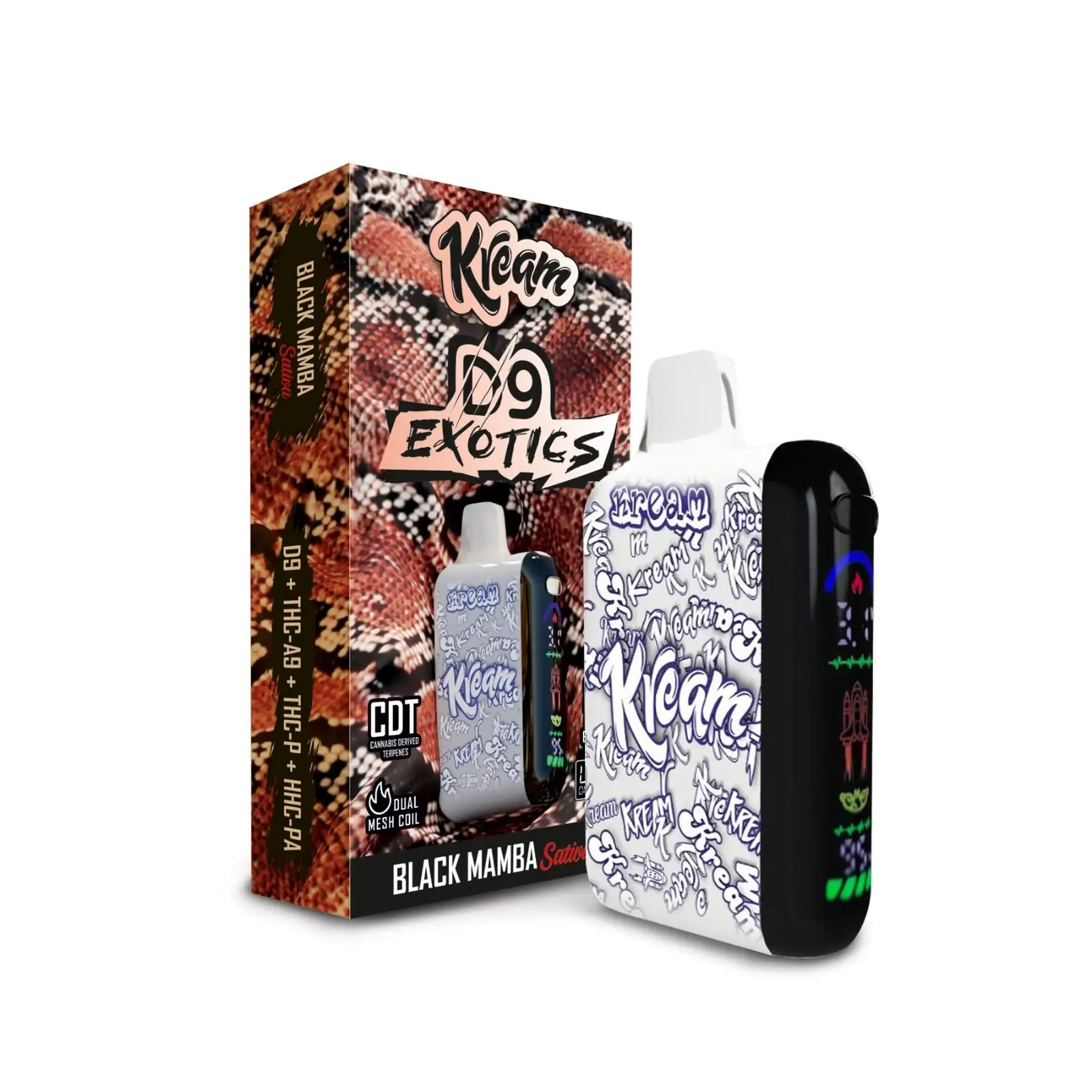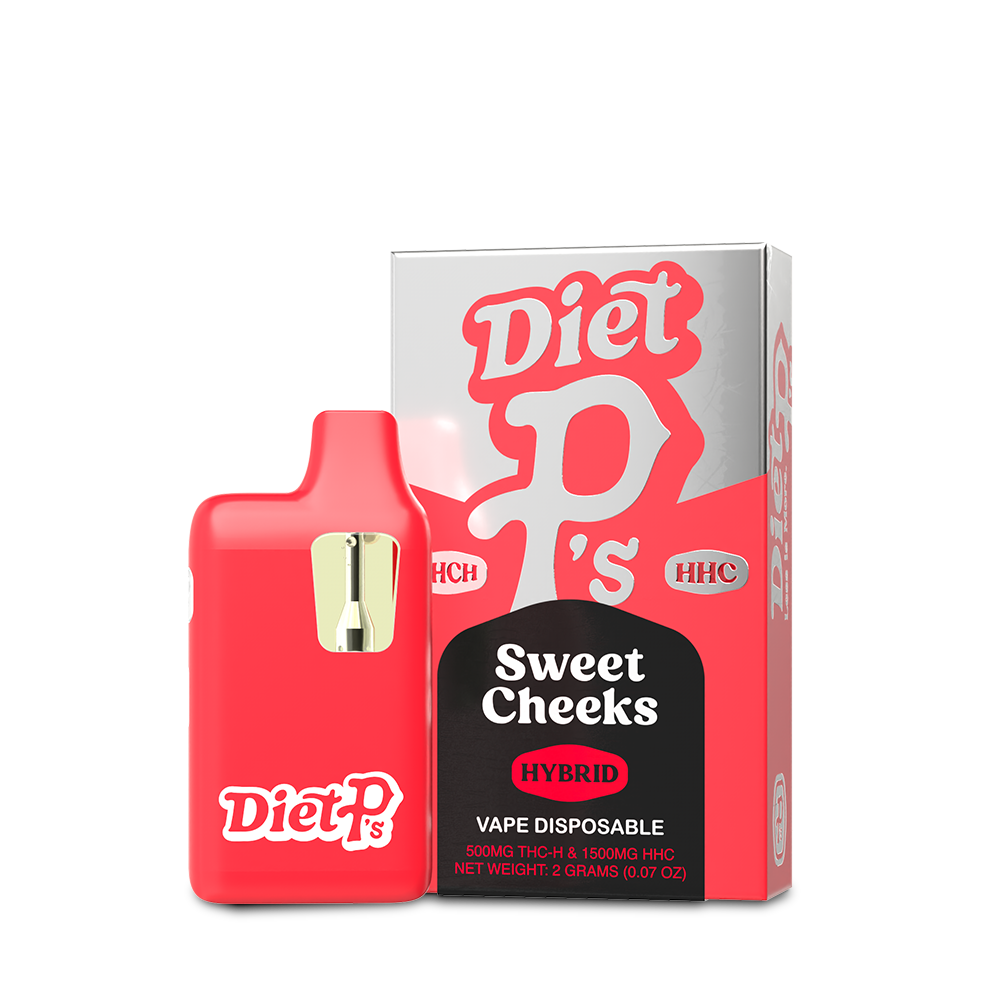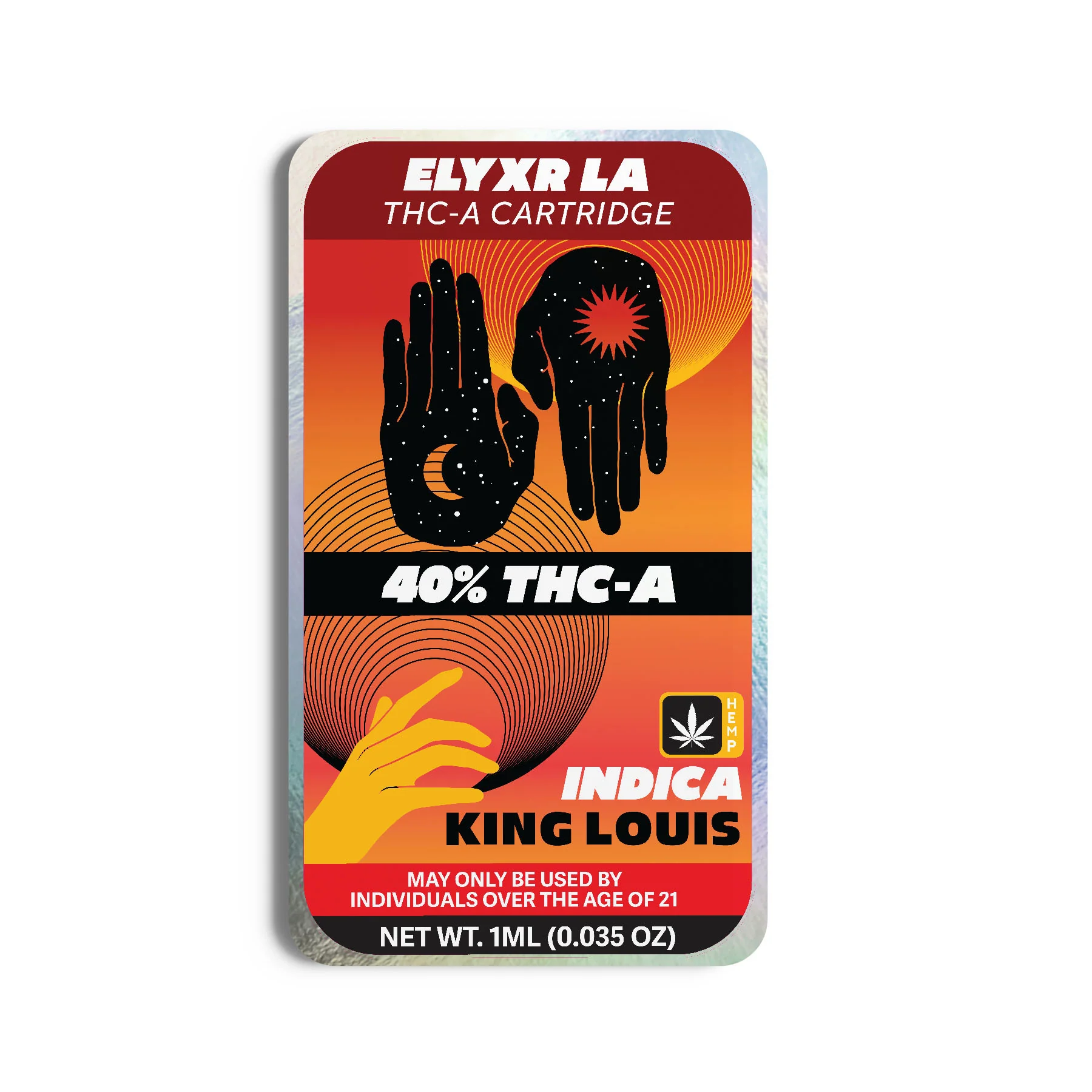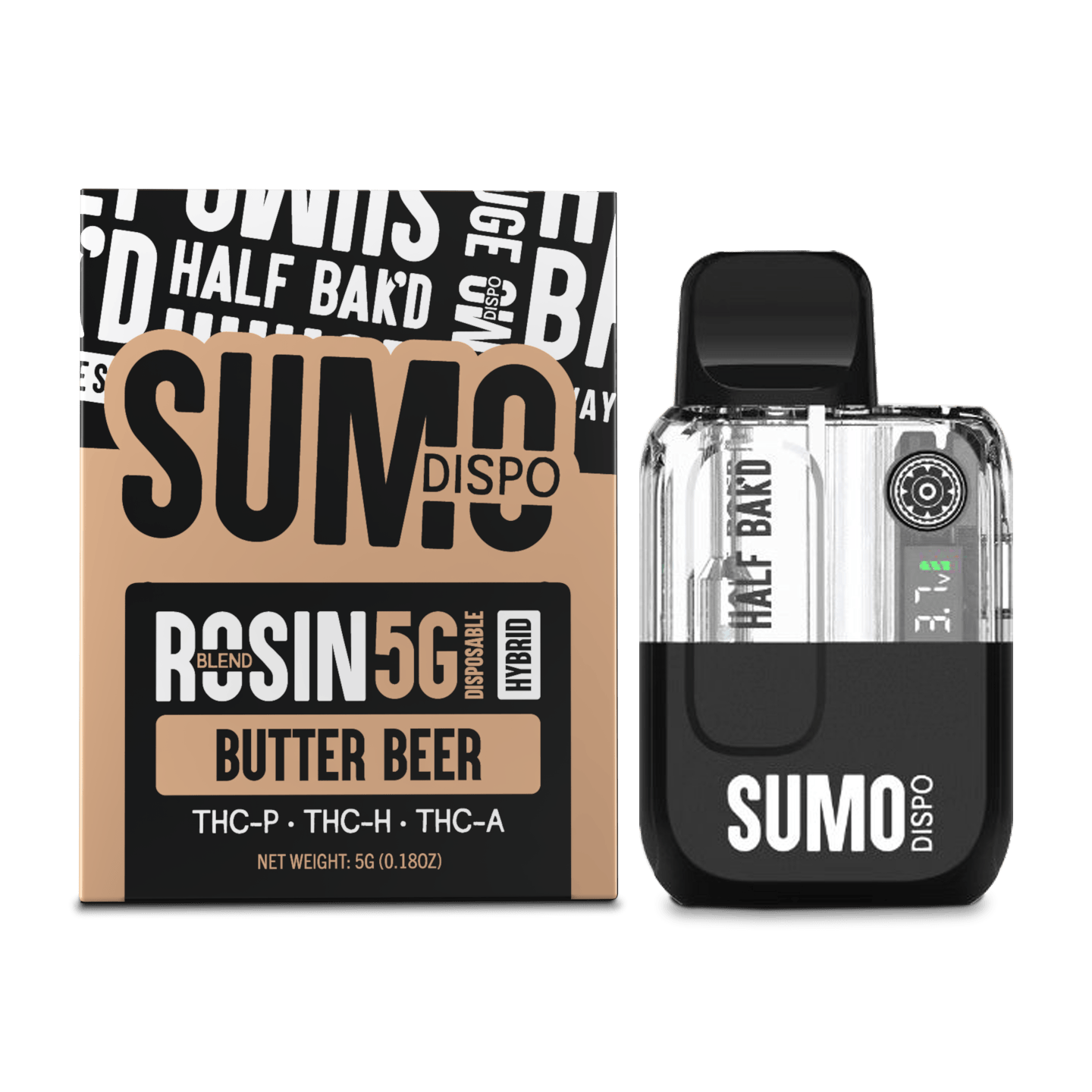Cannabis enthusiasts and curious newcomers alike have been asking the same question: how much THC is in Delta 8?
Delta 8 THC has quickly gained popularity in the cannabis world for offering a milder, more approachable psychoactive experience compared to traditional Delta 9 THC. Found naturally in the cannabis plant and often extracted from hemp plants, Delta 8 offers a unique combination of therapeutic benefits and intoxicating effects, all while remaining in a gray area of federal law.
In this guide, we’ll break down Delta 8 THC, its chemical structure, how much THC it contains, potential effects, dosing, safety, and legal considerations for responsible consumers.
What is Delta 8 THC?
Delta 8 THC is a cannabinoid, a naturally occurring compound found in both cannabis sativa plants and hemp plants. It is chemically similar to Delta 9 THC, the main psychoactive component of marijuana, but with a few key differences. The chemical structure of Delta 8 contains a double bond on the eighth carbon atom in its chain, compared to Delta 9’s ninth carbon. This slight difference in placement alters how the compound interacts with the body’s endocannabinoid system, producing similar effects with potentially lower potency.
Delta 8 THC can be extracted directly from cannabis products or produced through chemical synthesis, typically by converting CBD derived from hemp. This chemical process allows manufacturers to produce high-quality products in high concentrations that are widely available at convenience stores, gas stations, and specialty shops in states where it is regulated.

THC Content in Delta 8 Products
So, how much THC is in Delta 8? The answer depends on the final product and its concentration. Most Delta 8 THC products are formulated to contain anywhere from 10% to 99% Delta 8 THC, depending on whether they are vapes, edibles, tinctures, or flower.
- Vapes and distillates: Often contain high concentrations of Delta 8 THC, sometimes exceeding 90%, offering potent effects in small doses.
- Edibles: Dose-controlled products, usually labeled in milligrams per serving, provide consistent psychoactive effects over a longer period.
- Delta 8 flower: Contains naturally occurring Delta 8 THC in lower concentrations, usually less than 1% by weight, but can be enhanced via extraction and infusion.
It’s worth noting that high concentrations can increase intoxicating effects and the risk of common side effects like dry mouth, anxiety, or panic attacks. Responsible consumers should start with small doses and increase gradually to gauge their body’s response.
Delta 8 vs Delta 9 THC: Potency Differences
One of the biggest questions for consumers is how Delta 8 compares to Delta 9 THC. Both cannabinoids interact with cannabinoid receptors in the endocannabinoid system, producing psychoactive effects. However, Delta 8 typically has less psychoactive potency, producing similar effects in a more manageable, mellow way.
Delta 9 THC:
- Stronger binding affinity to CB1 receptors in the brain.
- Produces a more intense high with potential side effects like anxiety or panic attacks.
- Found in marijuana and regular cannabis products.
Delta 8 THC:
- Slightly weaker binding to CB1 receptors, offering less intense intoxicating effects.
- May provide therapeutic benefits like chronic pain relief, mood enhancement, and appetite stimulation with fewer adverse reactions.
- More widely available in hemp-derived products due to the 2018 Farm Bill.
While Delta 8 offers a smoother, more controlled high, it is still psychoactive, and users should exercise caution, especially when trying potent products for the first time.
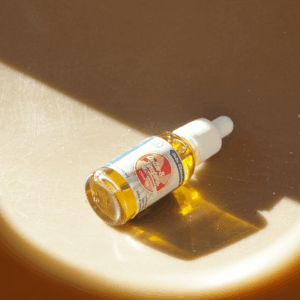
Factors Affecting Delta 8 THC Levels
Several factors influence how much THC is in Delta 8 products:
- Plant genetics: Different cannabis strains and hemp plants naturally contain varying amounts of Delta 8 THC and other cannabinoids.
- Extraction methods: The chemical process used to convert CBD to Delta 8 can affect purity and potency.
- Product form: Vapes, edibles, and tinctures allow manufacturers to deliver high concentrations compared to raw flower.
- Storage: Heat, light, and air can degrade cannabinoids, reducing the psychoactive potency over time.
- Lab testing: Independent testing ensures accurate labeling, but some chemical contaminants or residual solvents may appear in lower-quality products.
Understanding these variables helps consumers make informed decisions and choose high-quality products that are safe and reliable.
Calculating Delta 8 Dose
One of the most common questions is: “How do I figure out how much THC is in Delta 8 relative to my tolerance?” The answer depends on product type, concentration, and your personal experience.
- Edibles: Often labeled with milligrams of Delta 8 THC per serving. Beginners should start low (5-10 mg) and wait 2-3 hours before consuming more.
- Vapes and distillates: Provide immediate effects. One inhale might deliver a fraction of a milligram up to several milligrams depending on device efficiency.
- Flower: Requires calculation based on weight and approximate Delta 8 percentage. For example, 1 gram of flower with 1% Delta 8 THC contains roughly 10 mg of Delta 8.
Remember, Delta 8 THC can produce potent psychoactive effects in high concentrations, so it’s crucial to start low and go slow, especially for inexperienced consumers.
Legal Considerations of Delta 8 THC
The legal status of Delta 8 THC is complex. Federally, the 2018 Farm Bill legalized hemp-derived cannabinoids containing less than 0.3% Delta 9 THC, which allows Delta 8 products to be sold legally in many areas. However, state laws vary widely:
- Regulated states: Some states allow Delta 8 products in convenience stores, gas stations, or licensed cannabis dispensaries.
- Restricted states: Others classify Delta 8 as a controlled substance, making it illegal to produce, sell, or consume.
- Federal law ambiguity: Delta 8 is legal at the federal level but may still be considered a synthetic cannabinoid by the FDA, especially if produced via chemical synthesis.
Consumers should always check state laws and purchase from high-quality, tested products to ensure compliance and safe use.
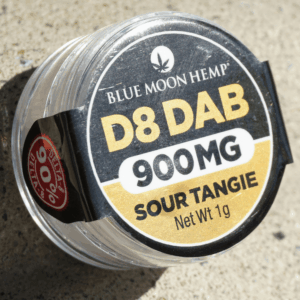
Potential Effects of Delta 8 THC
Delta 8 THC interacts with the body’s endocannabinoid system to produce a variety of psychoactive and therapeutic effects. These include:
- Mild euphoria: Offers a pleasant, clear-headed high with less anxiety than Delta 9.
- Chronic pain relief: May help alleviate pain, muscle tension, and inflammation.
- Appetite stimulation: Useful for individuals struggling with appetite loss.
- Relaxation and mood enhancement: Supports mental clarity while reducing stress.
However, Delta 8 can also produce common side effects, especially in high concentrations, including:
- Dry mouth
- Drowsiness
- Anxiety or panic attacks in sensitive individuals
- Mild adverse events reported to systems like the National Poison Data System
Responsible dosing and safe use practices are critical for avoiding negative experiences.
Risks and Safety Considerations
While Delta 8 is generally considered safer than Delta 9 THC, there are still important risks to consider:
- Chemical contaminants: Low-quality products may contain residual solvents or chemicals from chemical synthesis.
- Lack of regulation: Many products sold in convenience stores or gas stations may not be independently tested.
- Psychoactive effects: Even mild Delta 8 THC can impair judgment and coordination, so avoid driving or operating machinery.
- Medical interactions: Delta 8 may interact with medications or exacerbate conditions like anxiety or panic attacks.
Consulting medical care professionals and choosing high-quality products from reputable manufacturers is key for minimizing risks. More research is needed to fully understand long-term health effects.
Conclusion: Understanding How Much THC is in Delta 8
So, how much THC is in Delta 8? The answer varies depending on product type, concentration, and manufacturing method. While naturally occurring Delta 8 THC is minimal in the cannabis plant, extracted and processed products can contain high concentrations, delivering potent effects and therapeutic benefits with lower psychoactive intensity than Delta 9 THC.
Understanding the chemical structure, dosage, and potential side effects allows consumers to safely use Delta 8 THC while enjoying its health benefits, including pain relief, anxiety reduction, and appetite stimulation. Always consider legal status, state laws, and product quality when exploring this hemp-derived cannabinoid, and start with low doses to gauge your tolerance. With responsible use, Delta 8 offers a unique cannabinoid experience for both recreational and medicinal users, bridging the gap between traditional marijuana and milder hemp products.
Frequently Asked Questions
1. Is delta 8 the same high as THC?
Delta 8 THC and Delta 9 THC both produce psychoactive effects, but the high from Delta 8 is generally milder and more clear-headed. Many users report less anxiety and paranoia, making it a popular choice for those seeking relaxation without the intensity of traditional Delta 9 THC.
2. How much Delta 8 gets you stoned?
The amount needed varies depending on product concentration, your tolerance, and method of consumption. Beginners typically start with 5–10 mg, while more experienced users may require 20–50 mg. Always start low and wait to feel the effects before consuming more, especially with edibles, which can take longer to kick in.
3. Is delta 8 fully synthetic?
Delta 8 THC can occur naturally in small amounts in hemp and marijuana plants, but most commercial products are produced by converting CBD through a chemical process. This means the final product is technically semi-synthetic, though derived from natural hemp-derived cannabinoids. Quality products are tested to ensure safety and minimal chemical contaminants.
4. What does 20 mg of delta 8 feel like?
For most users, 20 mg of Delta 8 provides a moderate, relaxing high. Expect mild euphoria, pain relief, and potential appetite stimulation, along with calming effects on the mind and body. Some may experience dry mouth or drowsiness, so it’s recommended to consume in a comfortable setting and avoid activities like driving.




